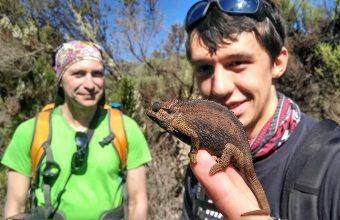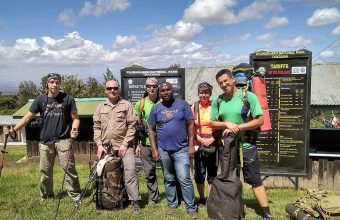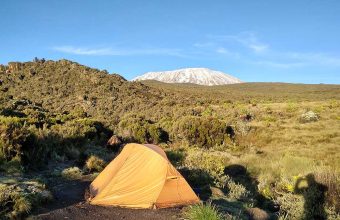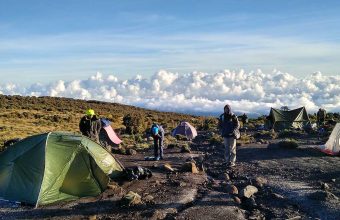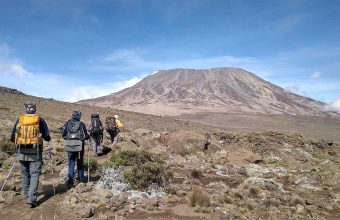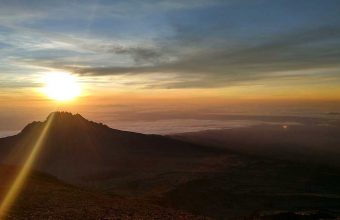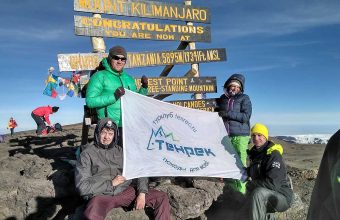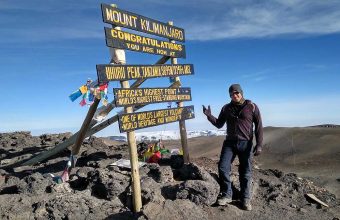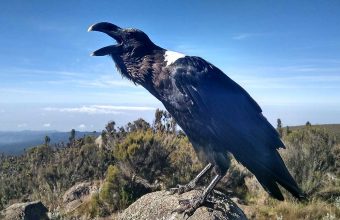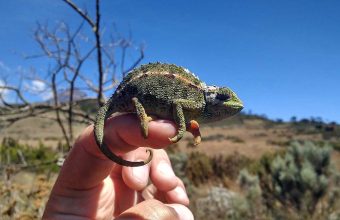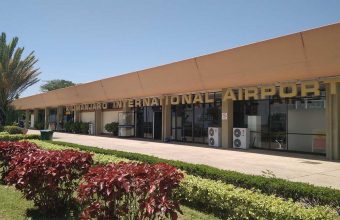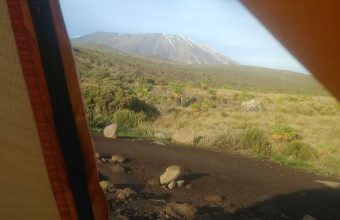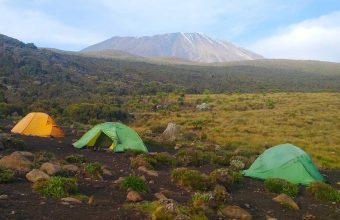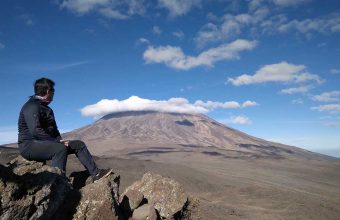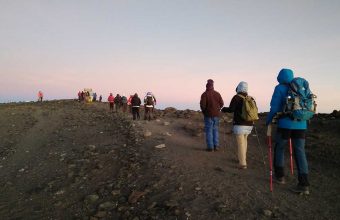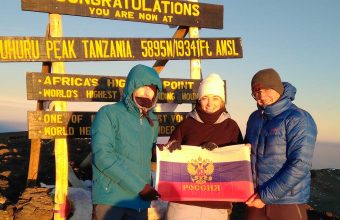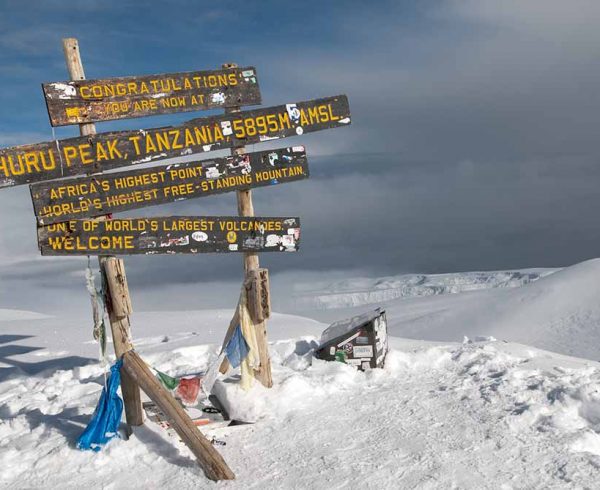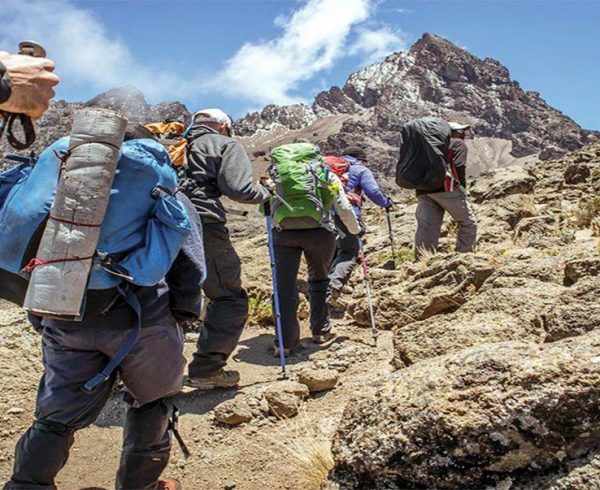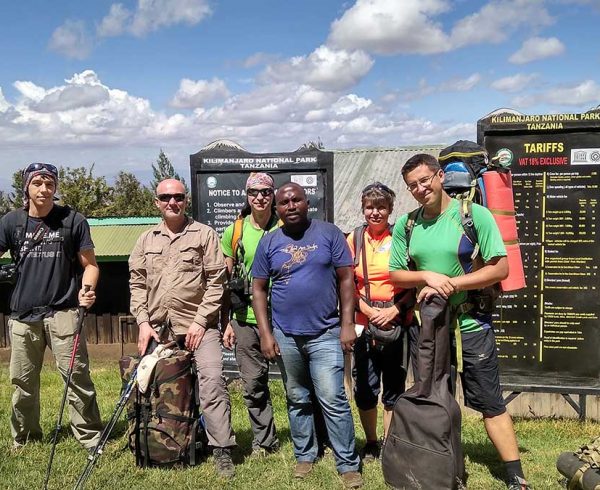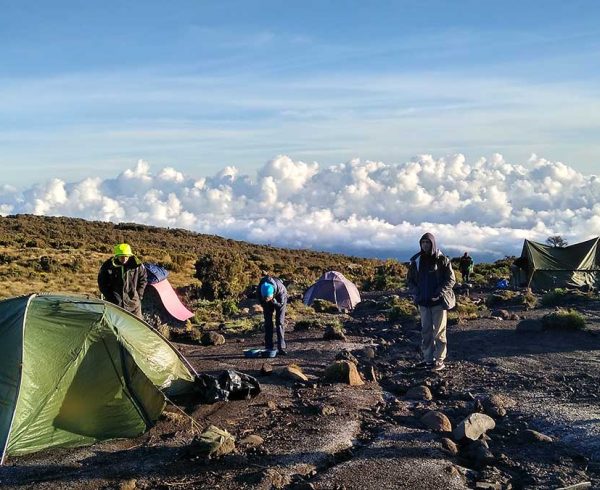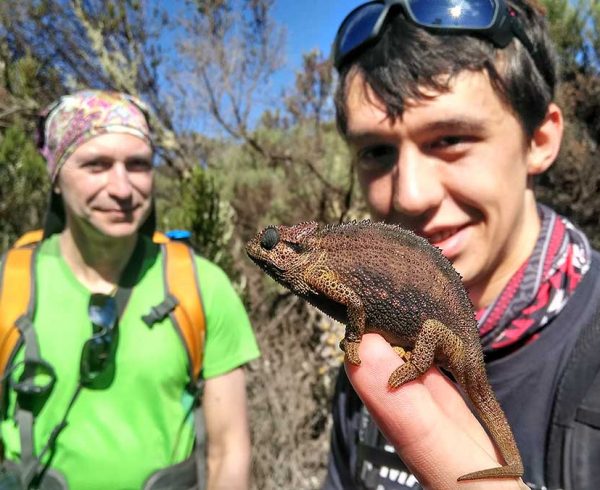Rongai route in 6 Days begins at the remote, northern side of Kilimanjaro, near the Kenyan border. We hike through a true wilderness area towards the jagged Mawenzi Peak, then cross a barren desert saddle, before climbing up Kibo’s eastern crater wall. The Rongai route is a more gradual ascent, and is therefore preferred by those with little or no backpacking experience, but is equally enjoyable for even the most hardened trekkers.
Day 1: Arrive in Moshi
Arrive anytime at Kilimanjaro International Airport (JRO). We will arrange a private transfer from Kilimanjaro International Airport (JRO) to moshi where
We will gather in the hotel for a pre-climb briefing and an equipment check.
We will also confirm you have the appropriate mandatory medical coverage and travel insurance. The Kilimanjaro trekking begins and ends at moshi
Day 2: Rongai One (2,600 m); 3-4 hours walking
After breakfast transfer to Nalemoru rongai starting gate and after completing the necessary registration formalities at the National Park gate, The climb begins from Nale Moru (1,950 m) on a small path that winds through fields of maize and potatoes before entering pine forest. The track then starts to climb consistently, but gently through attractive forest that shelters a variety of wildlife, including the beautiful Kilimanjaro Colobus monkey. These monkeys are black with a long ‘cape’ of white hair and a flowing white tail. The forest begins to thin out and the first camp, Rongai One, is at the edge of the moorland zone (2,600 m) with extensive views over the Kenyan plains.
Day 3: Kikelewa campsite (3,600 m); 6-7 hours walking
The morning walk is a steady ascent up to the ‘Second Cave’ (3,450 m) with superb views of Kibo and the Eastern icefields on the crater rim. After lunch, we leave the main trail and strike out across the moorland on a smaller path towards the jagged peaks of Mawenzi. Kikelewa campsite is in a sheltered valley with giant senecios near Kikelewa Caves (3,600 m).
Day 4: Mawenzi Tarn (4,330 m); 3-4 hours walking
A short but steep climb is rewarded by superb allround views and a tangible sense of wilderness. We leave vegetation behind shortly before reaching the next camp at Mawenzi Tarn (4,330 m), spectacularly situated in a cirque directly beneath the towering spires of Mawenzi. The afternoon will be free to rest or explore the surrounding area as an aid to acclimatisation. [3-4 hours walking]
Day 5: Kibo campsite (4,700 m); 5-6 hours walking
We cross the lunar desert of the ‘Saddle’ between Mawenzi and Kibo to reach Kibo campsite (4,700 m) at the bottom of the Kibo crater wall. The remainder of the day is spent resting in preparation for the final ascent before a very early night.
Day 6: Horombo Hut (3.720); 11-15 hours walking
We will start the final, and by far the steepest and most demanding, part of the climb by torchlight around 1 a.m. We plod very slowly in the darkness on a switchback trail through loose volcanic scree to reach the crater rim at Gillman’s Point (5,685 m) We will rest there for a short time to enjoy the spectacular sunrise over Mawenzi. Those who are still feeling strong can make the three hour round trip to Uhuru Peak (5,896 m), passing close to the spectacular glaciers and ice cliffs that still occupy most of the summit area. The descent to Kibo (4,700 m) is surprisingly fast and, after some refreshment, we continue the descent to reach Horombo Camp (3,720 m).
Day 7: Marangu Gate (1,830 m); 5-6 hours walking
A steady descent takes us down through moorland to Mandara Hut (2,700m), the first stopping place at the Marangu route. We then continue descending through lovely lush forest on a good path to the National Park gate at Marangu then after signing out transfer to moshi (1,830 m).
Day 8:
Moshi to Kilimanjaro International Airport (JRO) and fly back home.
BOOK THIS TOUR
Price Includes:
- Transfers from/to Kilimanjaro airport (JRO)
- Transfers to/from Marangu gate from Moshi town
- All national park fees
- Sleeping tent, Mess tent, table, chairs and cooking utensils
- Certified, experience English-speaking guides
- Porters and Cook salaries
- Rescue fees (required by national park)
- All meals on the mountain
- Cooking equipment, and eating utensils
- Emergency Oxygen cylinder, Oximeter and radio call
- All government taxes
Price Excludes:
- Tips for porters, cook and guides
- All climbing gears such as sleeping bag, boot, rain clothes etc
- All items of personal nature such as beers, cigarette etc
- Accommodation before and After climb


